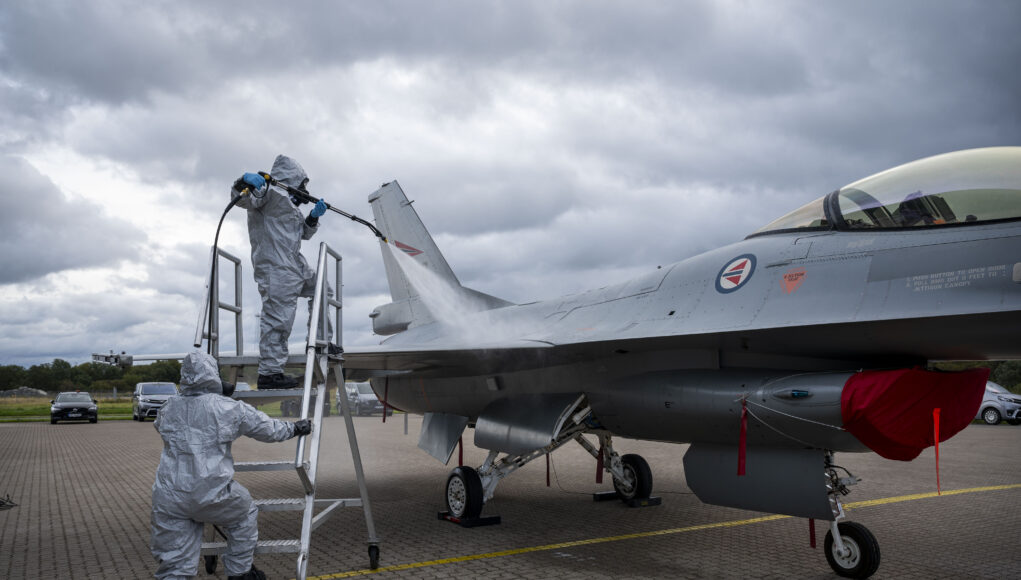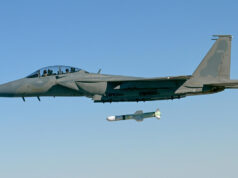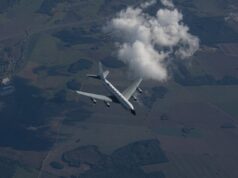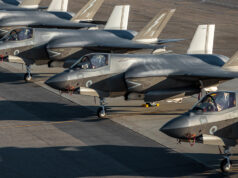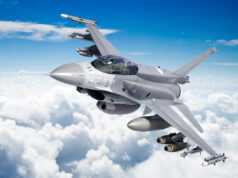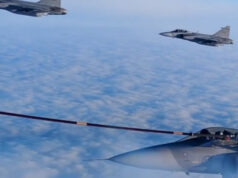Royal Air Force specialists have taken part in NATO’s main air-focused counter-chemical, biological, radiological and nuclear (C-CBRN) exercise in Norway, aimed at strengthening the Alliance’s ability to sustain operations in hazardous environments, according to the RAF.
Exercise Toxic Trip, hosted by the Royal Norwegian Air Force at Ørland Air Base, brought together C-CBRN experts from across NATO to test and refine how member nations respond to chemical or radiological threats.
RAF personnel led delivery of the Federated Air C-CBRN Capability (FACC), designed to enhance interoperability and keep air operations running under contamination conditions.
Corporal Hemming, from the Defence Rehabilitation Centre in Loughborough, said the exercise “allowed us to showcase our adaptability in challenging environments; from overcoming the weather to modifying decontamination drills to protect our NATO colleagues whilst enhancing our own C-CBRN techniques.”
The UK contingent included members of the RAF Force Protection Centre’s Air Counter-CBRN Team, medical and support force elements, RAF Regiment Gunners, the RAF Centre of Aviation Medicine and RAF Fire and Rescue Services.
Air Specialist Malkin, an RAF Regiment Gunner with the Air CBRN Protection Group, said: “Working alongside multiple nations during Exercise Toxic Trip has been a highly valuable experience. Our Chemical Reconnaissance team was employed effectively by the Task Force Commanders, particularly in support of casualty evacuation operations, which reflected positively on the UK contribution.”


